









IF FOOD BE THE MUSIC OF LOVE...
FOR VICTOR

CONTENTS
INTRODUCTION
I dont eat food, I devour it. The act of consumption, of making something wonderful a part of me, goes rather to my head. In a fleeting moment, I taste that most precious ingredient, the love a great cook has poured so freely into the pot. It is all too easy to forget where the food came from, and the reason it is delicious.
I think there is something particularly alluring about Italian food dont you? It has special qualities that permeate not only every dish worth eating there, but every aspect of the culture. In Italy, my spirits lift. The architecture seems to enhance nature in the countryside, and to exalt mankind in the cities. Human beauty shines in paintings and sculptures, in the smiles people give to children, in the directness with which they talk, in the food they prepare and eat with such passion and understanding. I am freed from any sense of the guilt or malaise that seem so common in the modern age. It is this freedom, this happiness, which makes Italian food so uniquely delicious and nourishing.
But Italian cuisine is hard to pin down, as each region has its own which is where the variety originates, and where the joy lies. Here are some thoughts on how this may have come to pass. They may help you understand where I am coming from, and also where I am going to take you.
Isolation My mother lived with her parents in Rome when she was young, and they had a holiday home in nearby Sperlonga, which they still keep. There wasnt at that time a road to the village they moved in with two pianos, which had to be carried by hand (like a funeral procession) across the Aurunci hills. The outside world had just begun to touch this place a makeshift cinema was perched outdoors on a cliff-face by the sea. They showed The Ten Commandments in 1956, and when Moses parted the waters the audience fled, shrieking they thought it was real. My mother for a short while dated a local boy who refused to believe she was Jewish because she didnt have horns or a tail. A wild one, she used to run for days in those hills. She occasionally met a bird-trapper (even wilder), who caught tiny robins, finches and starlings in horsehair nooses, taking them to market in a cage on his back. A genuine Papageno, he could speak no human tongue, communicating instead with whistles and trills.
Today, Sperlonga has a road and attracts thousands of Roman and Neapolitan tourists, but a few of the older generation can barely communicate in Italian, speaking only their local dialect fluently. The point Im trying to make? As in Darwinian evolution, with humanity too isolation leads to astonishing diversity.
Diversity Italy was unified only about 150 years ago. Before this, it was divided into independent states, today preserved as the twenty regions. Indeed, so-called Italian dialects are in fact dialects of vulgar (spoken) Latin. Modern Italian (based on the Tuscan, Florentine dialect) became ubiquitous in Italy only with the advent of television in the 1950s. This fragmented history is even more evident in the countrys cuisines: Sicilian flavours are as evocative of North Africa as of Italy, a vestige of Moorish rule. Whilst a single language permeated the country out of necessity, the food still exhibits a startling diversity, and in its unique culinary tradition each region takes great pride.
Pride Regional pride is one thing, but each city, hamlet and household has its own version of a dish, of which it is incredibly proud. This pride is one of the reasons Italian cooking is so very, very good. Indeed, whilst chefs worldwide have the conceit that theirs is the best way, the conceit of the Italian cook is that his way (or, more specifically, his mothers way) is the only way. Judged on these chauvinistic grounds, not a single recipe in this book is right, let alone authentic.
Authenticity Because I am not Italian I may have a more objective view of the countrys food. The pride that makes an Italian so very good at cooking his local delicacies, renders him blinkered to the finer points of food from elsewhere, if he cares to consider it food at all. I may not write about Palermitan cuisine with the knowledge of a local, but perhaps I have a better understanding of Venetian cooking than a Sicilian can. I have travelled Italy as much as possible, solely in the pursuit of pleasure these journeys have, with hindsight, become the research that underpins my work. Though the recipes that follow may not be considered authentic in the strictest sense, theyre honest and I believe well-informed renditions. At any rate, everyone has their own way of making a dish it would be a hard task to find two Piedmontese who could agree on how to make bagna caoda, but you could bet your bottom dollar theyd agree that mine is wrong. Perhaps the pot is calling the kettle black. In any case the recipes are here for their history, sense of place, and deliciousness.
Deliciousness My friends might laugh at me for saying this, as I normally cook far too much, but they can laugh away: I am a minimalist chef. If something can be removed from a recipe and not make the dish worse, I believe that doing so will make it more delicious. Italian food is intrinsically simple and the simpler food is, the harder it is to get it right. With fewer stages of preparation and fewer elements to combine, you have fewer opportunities to adjust your seasoning, or cover your mistakes: if it isnt perfect you cant hide it. I always try to find the simplest way of doing things, so the making and the eating can be as direct and pleasurable as possible. This is the route to happiness.
Jacob Kenedy
London, February 2011
 A directory of suppliers can be found at boccacookbook.co.uk
A directory of suppliers can be found at boccacookbook.co.uk
whitespace

RAW
Indulge me, and consider a fig. Modestly concealed beneath the fig leaf it is surely the original forbidden fruit, a corporeal and vulvaceous red within.

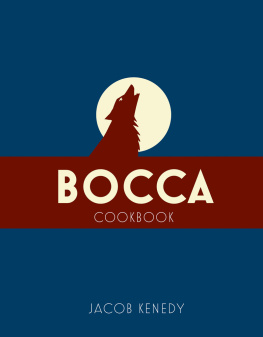
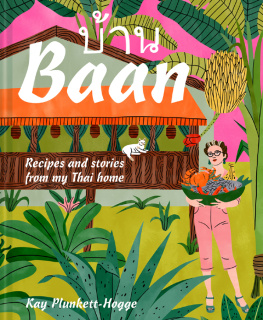
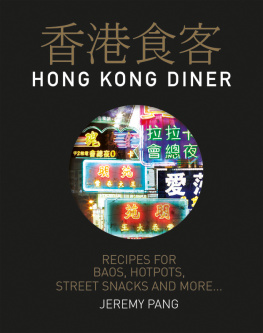

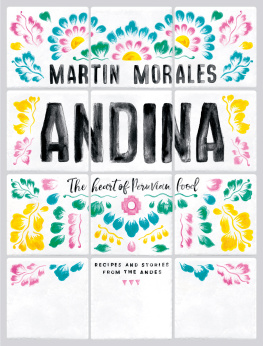
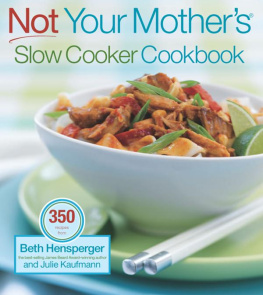
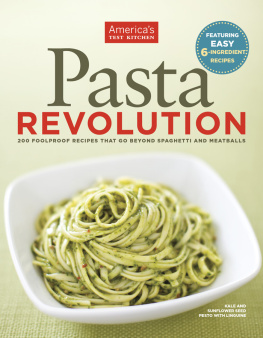
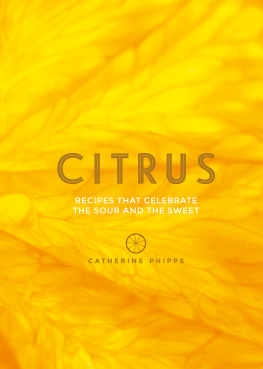

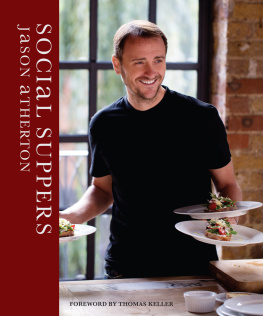













 A directory of suppliers can be found at boccacookbook.co.uk
A directory of suppliers can be found at boccacookbook.co.uk